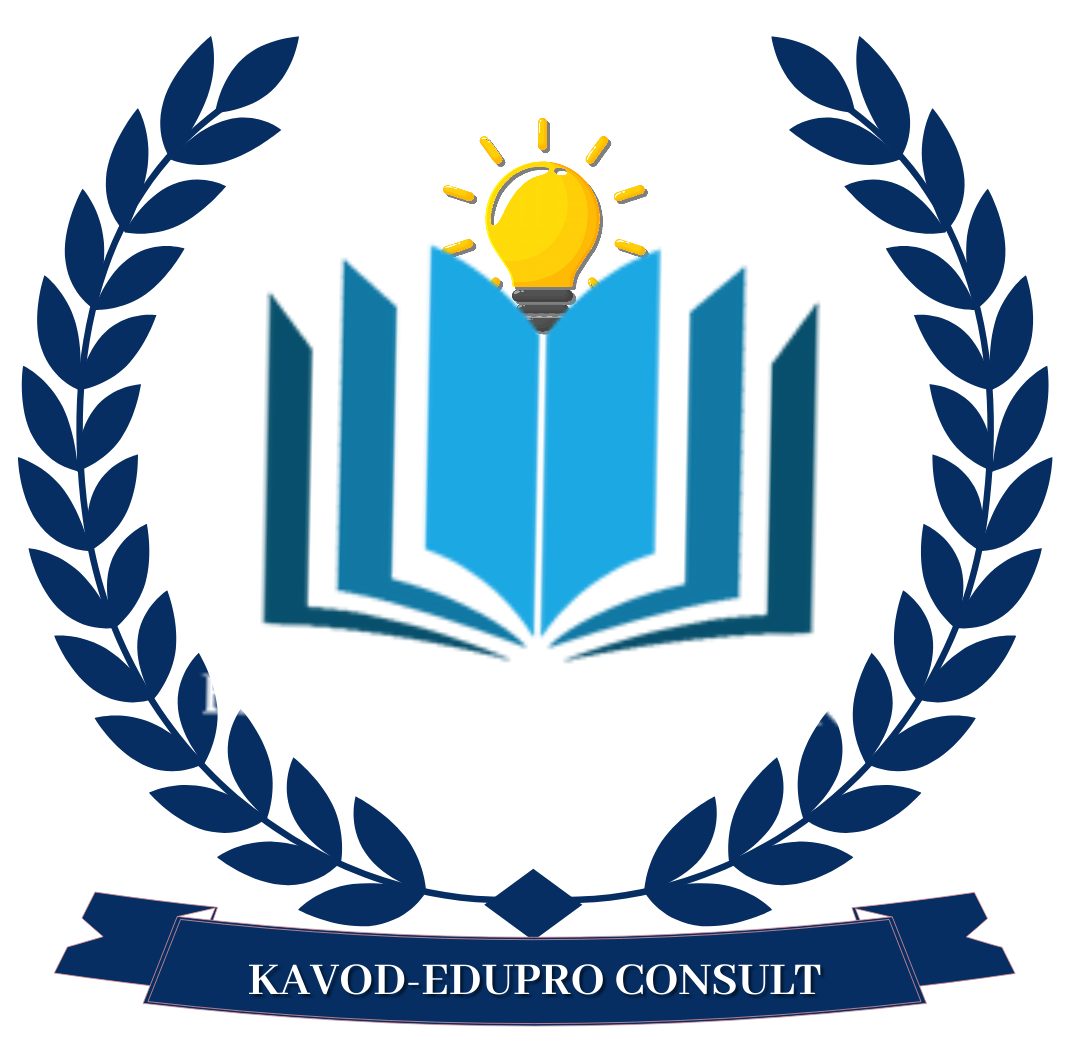![]()
Key Strategies for Professional Growth in Educational Settings
Mentoring and coaching are two key strategies widely used in educational environments to support the professional growth and development of teachers. Both are considered effective methods for fostering learning, and while they share many similarities, they also differ significantly in their methodologies and objectives. This article examines both the similarities and distinctions between mentoring and coaching, with a focus on their role in leading change in the teaching profession.
One of the main similarities between mentoring and coaching lies in the importance of relationship-building. In both practices, a strong, supportive relationship between the mentor or coach and the teacher is essential. These relationships are characterized by mutual trust, respect, and open communication, creating a positive environment where educators can grow professionally. Both approaches aim to support the holistic development of teachers, helping them to enhance their skills, knowledge, and competencies. The ultimate goal is to empower teachers to achieve their professional objectives and improve their teaching practice.
Despite these similarities, mentoring and coaching differ in focus. Mentoring typically emphasizes the broad, long-term development of the mentee by drawing on the mentor’s experience and expertise. It often involves an enduring relationship where the mentor provides guidance and advice based on their own career path. In an educational context, mentors are usually more experienced teachers or educational leaders who share their knowledge and insights to help less experienced colleagues navigate challenges and grow professionally over time.
On the other hand, coaching is more focused on the achievement of specific, short-term goals. In coaching, the coach works closely with the teacher to enhance performance in targeted areas, such as classroom management, lesson planning, or student engagement. The coach typically facilitates self-discovery by asking questions and encouraging reflection, rather than offering direct advice. Coaching is often a more structured, performance-driven process that may be limited in duration, with a clear emphasis on achieving specific outcomes.
Another key distinction is the role each approach plays in professional development. In mentoring, the mentor takes on the role of a guide, sharing knowledge and offering advice based on personal experience. This guidance is valuable for teachers who are seeking to learn from someone who has walked a similar path. In contrast, coaching is a facilitative process where the coach helps the teacher find their own solutions through questioning techniques and reflective practices. This self-directed approach encourages teachers to take ownership of their learning and development.
In conclusion, both mentoring and coaching are valuable tools for supporting teacher development and leading change in education. While mentoring offers broad, long-term guidance based on experience, coaching provides focused, performance-oriented support that helps teachers achieve specific goals. The choice between mentoring and coaching depends on the needs of the individual teacher and the desired outcomes within the educational setting. Together, these approaches offer complementary pathways for teachers to grow, adapt, and thrive in the ever-evolving landscape of education.
Reference
Jones, M. (2015), ‘Mentoring and coaching in education practitioners ‘professional learning’, International Journal of Coaching and Mentoring in Education, 4(4), pp. 293-302.


Leave a Reply